 It’s dismaying enough when governments adopt the copyright industry’s PR strategy of confusing copying with counterfeiting — which are unrelated and should be treated separately, as we pointed out last year in sections (4) and (5) of our letter to the U.S.’s Intellectual Property Enforcement Coordinator.
It’s dismaying enough when governments adopt the copyright industry’s PR strategy of confusing copying with counterfeiting — which are unrelated and should be treated separately, as we pointed out last year in sections (4) and (5) of our letter to the U.S.’s Intellectual Property Enforcement Coordinator.
It’s even more disappointing when independent journalism outlets like the New York Times adopt the monopolists’ framing too, apparently unconsciously. Unfortunately, it happens so often that we can’t stop to point out every instance; however, when it’s above the fold on the front page of the New York Times, it’s worth a mention.
David Barboza’s article “One Entrepreneur’s Rival in China: The State” in the Dec 8th, 2011 New York Times is about how a state-backed company in China used design techniques “stolen” (i.e., copied in violation of contract) from a private company. In legal terms, this is more about trade secrets and perhaps patents than it is about copyright, but the copying-vs-fraud distinction that needs to be made is conceptually the same, and the Times fails to make it:
According to Cathay [Industrial Biotech], a factory manager stole its secrets and started a rival company that has begun selling a suspiciously similar ingredient, undermining Cathay’s profits. Instead of planning to go public, Cathay is now struggling to stay in business.
In this counterfeit-friendly nation, employees run off with manufacturing designs almost daily. But according to Cathay, this was copying with a special twist: the new competitor, Hilead Biotech, is backed by the Chinese government.
(I don’t want to single out Barboza; in enabling this confusion, he’s simply following current house style at the Times.)
Now, we don’t advocate violating contracts, or for that matter trade secret laws. We merely advocate thinking and talking clearly about what is what. Unauthorized copying of industrial formulas has absolutely nothing to do with counterfeiting. Why did the author toss in that “In this counterfeit-friendly nation…”? What has it got to do with the story? Nothing at all. It’s just that the copyright and patent industries would like you to think of unauthorized replication as being exactly the same as telling lies about a product’s provenance, because everyone knows lying is bad and therefore it is useful (to those industries) to associate certain other activities with lying — activities that, if considered on their own merits, might start to look morally neutral or even positive, such as when a poor nation manufactures important drugs cheaply in violation of someone’s patent, or infringes copyright to print educational materials its students can afford. So the industries try to confuse these issues all the time, pretending different things are the same, until the minds of government officials and journalists go numb and they simply repeat what they’ve heard.
This is how global copyright enforcement provisions become part of the “Anti-Counterfeiting Trade Agreement” (ACTA). The name is no accident. The U.S. copyright and patent enforcement authorities have gotten the message, and the message is “Confuse the public as much as possible, by pretending that copying is the same as fraud.” They may not even be aware they’re following someone else’s talking points. To them, this is simply the language that is used to discuss these issues — it feels natural.
But the New York Times doesn’t have to play along. They manage, on occasion and in other areas, to be properly skeptical of both corporate and government rhetoric, and it would be nice if they did so for this topic too.

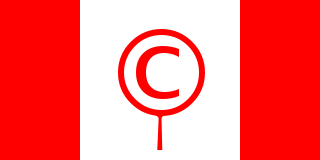


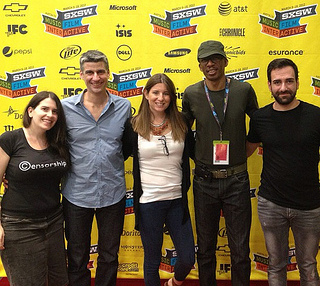
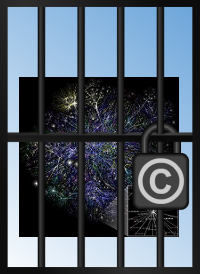 As reader libreuniverse pointed out in forwarding this, this is big, big news: large Internet service providers, on whom millions of people depend for their Internet service, are going to
As reader libreuniverse pointed out in forwarding this, this is big, big news: large Internet service providers, on whom millions of people depend for their Internet service, are going to 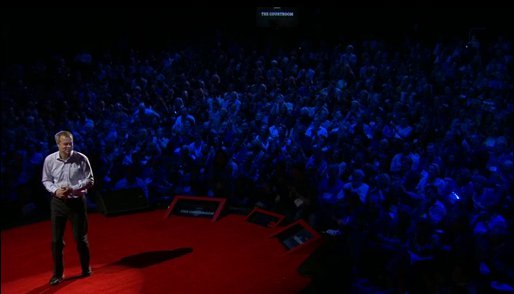
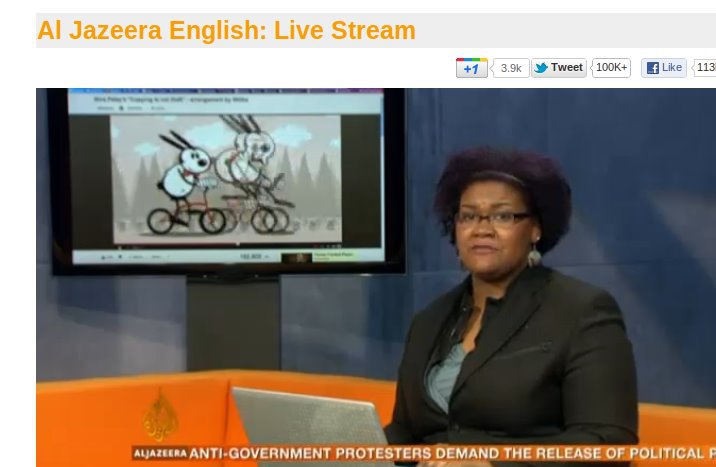
 It’s dismaying enough when governments adopt the copyright industry’s PR strategy of confusing copying with counterfeiting — which are unrelated and should be treated separately, as we pointed out last year in sections (4) and (5) of
It’s dismaying enough when governments adopt the copyright industry’s PR strategy of confusing copying with counterfeiting — which are unrelated and should be treated separately, as we pointed out last year in sections (4) and (5) of 